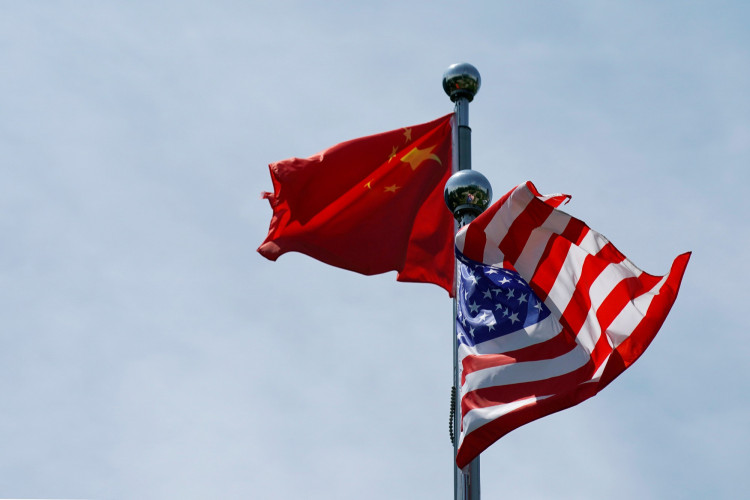The Canton Fair, China's largest trade event held in Guangzhou, has recently become a vivid display of the resilience and adaptability of Chinese exporters amid escalating global trade tensions. Despite the looming threat of increased U.S. tariffs, international buyers are flocking to the fair, drawn by the unbeatable prices and quality offered by Chinese products.
This year's event is particularly noteworthy as sellers report an undiminished interest from foreign markets, which seems to counteract the harsh trade measures threatened by U.S. presidential candidates. Donald Trump has proposed tariffs as high as 60% on Chinese goods, while President Joe Biden has pledged to triple charges on Chinese steel. Despite these threats, the allure of Chinese products remains strong due to their competitive pricing and improving quality standards.
Jack Jin, a vendor at the fair, confidently stated, "Even a 50% tariff won't come close to driving [my customers] away." His experience is echoed by many other vendors who see the tariffs as a hurdle but not a blockade to their business. Samuel Jackson, a buyer for a Bosnian furniture company, reflected this sentiment, noting that the quality and price of Chinese products are hard to match elsewhere.
As buyers from around the world navigate through the bustling stalls of the fair, many are finding inventive ways to mitigate the impact of potential tariffs. Alex Student, an auto accessories importer from California, shared how adjustments such as Free On Board pricing have helped shift some costs and reduce the tariff burden on his end products. He remarked, "There's a lot of different ways to skin the cat," indicating the strategic adaptations businesses are making to continue benefiting from Chinese exports.
Moreover, the Canton Fair isn't just a trade hub for conventional products but has also prominently featured advanced electronics and new energy vehicles, attracting a global audience. This diversification in export offerings highlights China's progress up the industrial value chain, providing a broader range of products that appeal to international buyers.
Despite the optimism, some exporters express concerns over the unpredictable nature of trade policies, especially with the potential re-election of Trump. A Shanghai-based saleswoman in the plastic strapping industry voiced her worries about the future, noting the competitive pressures and the need to innovate continuously.
The fair has also become a focal point for buyers from emerging markets, many of whom are now more open to conducting transactions in yuan, further illustrating China's growing influence in global trade networks. Daniel Lulandala from Tanzania shared his excitement about direct negotiations with manufacturers which enabled him to expand his business significantly.
While the United States and Europe still represent a significant portion of the buyers, their presence has been overshadowed by visitors from countries involved in China's Belt and Road initiative. These emerging market ties are becoming increasingly crucial as they could potentially offset any declines from traditional markets due to heightened tariffs.






